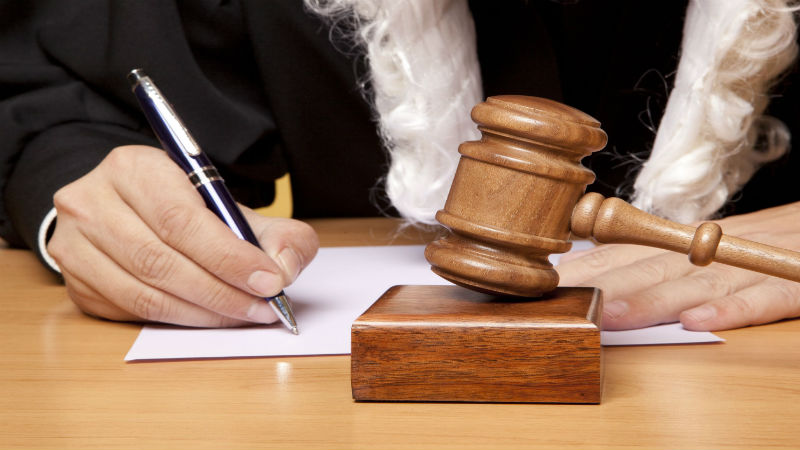An executor has the task of settling the estate of a deceased person. Estates can have one executor, or multiple people can do the job. Executors can be relatives of the deceased, or they can be a friend, accountant, attorney or other professional. An executor must be over the age of majority, and not have any felony convictions. If you have been assigned the task of executing someone’s estate, it is a great responsibility.
The Executor’s Job
An estate executor’s duties are mostly administrative in nature, beginning at death and continuing until assets are distributed and all bills are paid. The executor’s duties include:
* Paying creditors and taxes
* Notifying companies and the Social Security Administration of the person’s death
* Canceling subscriptions, credit cards, and the like
* Distributing assets as set forth in the will
Becoming an Executor and Determining the Validity of a Will
To settle an estate, the will must be probated. Executors must locate the original will documents (which are commonly left with a lawyer), and they may also want to hire an estate attorney. The local probate court has the responsibility of determining the will’s validity. If someone wishes to challenge the will, papers must be filed in probate court.
After the Will is Validated
Once a will is declared valid by the probate court, an executor can begin to pay claims and taxes against the deceased person’s estate. At that point, they can begin to distribute assets to named beneficiaries. As the process is completed, the probate court must be given proof that taxes have been paid and assets have been distributed.
Being Paid to be an Executor
The estate of the deceased usually pays a fee to the executor, which can be determined by state law or set forth in the will. An executor’s fee can be waived if they wish to do so; in most places, if an attorney serves as an executor, the law prevents them from collecting both attorney’s and executor’s fees.
Hiring an Attorney After Being Named as an Estate Executor



